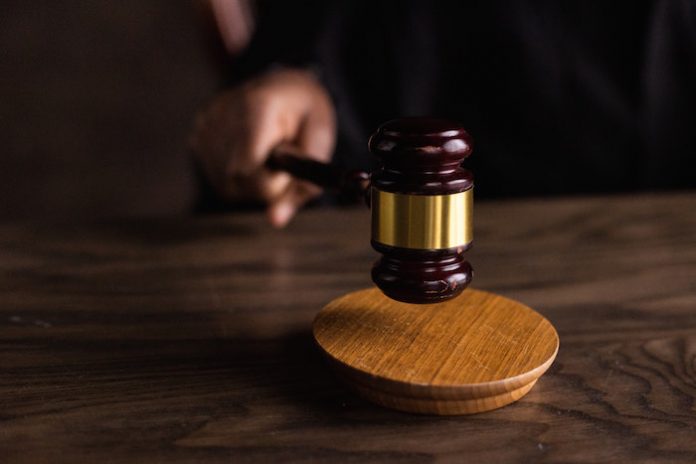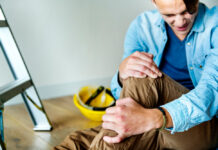There are a lot of terminologies that not everyone is going to fully grasp in the legal world, and premises liability is one of those. Despite not being initially obvious to someone, it is actually a rather simple thing. Basically, a premises liability claim involves someone being alleged to have been responsible for an injury or damages caused on a property owner’s premises. It is certainly more complicated than that, but that is the basic premise of it.
What makes someone liable for a premises liability claim?
As was mentioned above, it is not as simple as “someone gets injured on your premises and you’re now responsible,” for a variety of reasons. One of the primary reasons why a premises liability claim may fall flat on its face is whether a person has a right to be on the property. For instance, a person who broke into your home is not going to have an expectation that they be able to safely traverse inside. However, it may wind up creating a problem for you if it is found that your property poses a danger to someone else who IS allowed to be on the property, though that is not a discussion for this topic.
You can also not “set traps” on your property; if you do something like that with the intent of causing harm, even if the person was a burglar or someone who was otherwise not allowed to be in your home or property. Doing this would be seen as malicious, and would not clear you from liability just because they shouldn’t be there. This kind of thing can vary from state to state, however, so be absolutely sure that you are aware of how the law works regarding this before you look into filing for or defending from a premises liability claim.
Next up, you may be wondering what kind of things can result in valid premises liability claims. Certainly, anything that would make you liable for someone’s damages on your property has to be reasonably in your control. For example, if someone was struck by lightning while out on your lawn, you could hardly be held culpable for the injuries they may have sustained. After all, such a thing is an ‘act of god’ so to speak, so there is nothing you can really do to reasonably prevent this from having occurred.
However, let’s say that you have a dying tree on your property and a branch falls off and injures a visitor and/or damages their property. In that case, while the branch falling is an act of god, it is also a sign of negligence on your part that you did not take care of a tree that, in the end, turned out to be a threat to you and others. Any situation where the homeowner fails to address dangerous conditions. You are also responsible for the actions of pets or children who cause damages, both in general as well as on your property. If you did not take care to ensure that your children didn’t, say, damage the visitor’s property, or if you allow your dog to get out of a confined space and bite someone on your property, you will be held liable in the claim due to your requirement to take responsibility for them, as they are dependents.
Premises maintenance is of the utmost importance as well for any property owner who is hoping to not be at the wrong end of a premises liability claim. For example, people in colder climates are likely to have to deal with occasional freezing, resulting in slippery paths on the premises that can lead to an unfortunate slip-and-fall incident. People who own a trampoline and/or a swimming pool may also be held liable in the event that someone uses them. This is not necessarily a given, but someone may still decide to pursue you for the injury, which is itself a problem for a homeowner.
In order to combat potential injuries from these things, you are strongly recommended to do everything in your power to prevent such a situation from happening in the first place. With a trampoline, you should either keep it stored when not in use or purchase a cover with a lock so that people cannot use it without your permission. Swimming pools similarly have lockable covers, ensuring that people can’t use it and potentially drown on your property.
Of course, premises liability claims are not just to be filed against homeowners, but property owners in general. A restaurant, a retail store, a school, all of these things can see a property owner being held liable in the event of negligence leading to damages. Due to the public nature of these types of locations, the property owners are expected to ensure the safety of the many people who enter their premises every single day. As such, these property owners have a lot more work they need to do in order to make sure that all potential injuries and other damages are avoided. Of course, just because an invitee was injured due to negligence doesn’t mean they’re not to blame; if they are partly negligible, they may get lower or no compensation.
Find a Home-Based Business to Start-Up >>> Hundreds of Business Listings.

















































